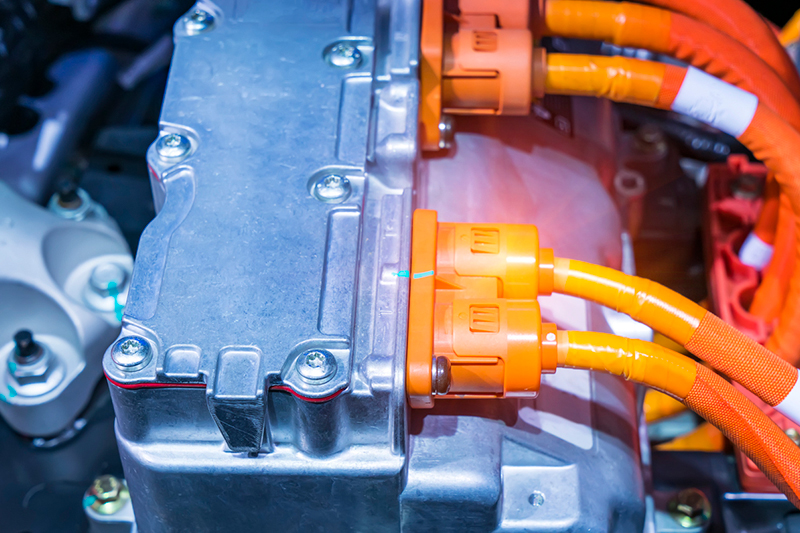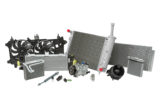
We hear from Marc Russell, Head of the Garage Network at WhoCanFixMyCar, to find out whether garages should be getting EV ready sooner rather than later.
Despite recent reports showing private EV sales may have slowed for now, purchases of electric company cars grew by 42% in January 2024. We can also expect an inevitable decrease of ICE vehicles after the 2035 ban as more people switch to electric.
This presents garages with an opportunity to generate more business and attract new customers. So, the question is – should your garage get EV ready now?
When is the right time to get electrically qualified?
Analysis by the IMI suggests there could be a shortfall of 30,000 qualified EV technicians by 2030, so having this training sooner rather than later will give you a competitive edge. Internal data from WhoCanFixMyCar has already shown an increase of over 2,000% in EV servicing quote requests since 2019, a 46% year-on-year increase, with no sign of this demand slowing down in 2024 and beyond.
Globally, the EV industry is growing rapidly, and this boom is expected to hit the UK in the not-too-distant future. Completing training now allows you to prepare for this shift and be better placed to serve the changing needs of drivers.
How to start your EV training
Colleges and training centres across the country offer IMI-accredited courses to help up-skill staff and improve business offering, which provides numerous long-term benefits.
To become fully EV qualified, you must complete training courses up to Level 4 by the IMI. TheLevel 1 qualification involves a basic understanding of safe practices and the dangers of working with electric and hybrid vehicles.
Level 2 is designed for technicians who will encounter EVs in a routine maintenance situation. It contains the skills required to work safely around a vehicle that may have sustained damage to its high-voltage electrical system.
Level 3 is when you are equipped with an understanding of how the electrical circuits of an EV work and interact with each other and finally the level 4 qualification certifies you can comprehensively diagnose, test and repair EVs and their components.
The pros and cons
By getting ahead of the curve with training and building up a list of good EV repair reviews now, you will have established yourself as a reliable and highly-skilled EV technician when demand surges. Having electrically qualified staff at your garage gives you more control by keeping more work in-house. Expanding your business’s internal knowledge bank, you’ll spend less time waiting on dealers or having to investigate systems, saving you valuable time and money.
One business seeing the benefits of achieving EV qualifications is ACM Garage, based in Torquay. Within the space of a week, the garage achieved qualifications Level 1 and Level 2 through EV training which has enabled them to carry out repairs on any vehicle that comes into the garage. They reported they no longer turn away customers and feel safe knowing they have the knowledge and qualifications to guarantee their future in the motor trade.
However, there are other considerations. Since obtaining EV parts can be difficult, forging good supply chain relationships is essential to avoid delays. Investing in specialist EV repair equipment is also crucial and, while this is a significant investment on top of training costs, it is necessary to meet the increased demands for EV repairs and servicing.
The prevalence of electric vehicles is only going to increase in the coming years. If you have the budget and the inclination to start this process, there’s no time like the present to future-proof your business by getting EV ready today.









